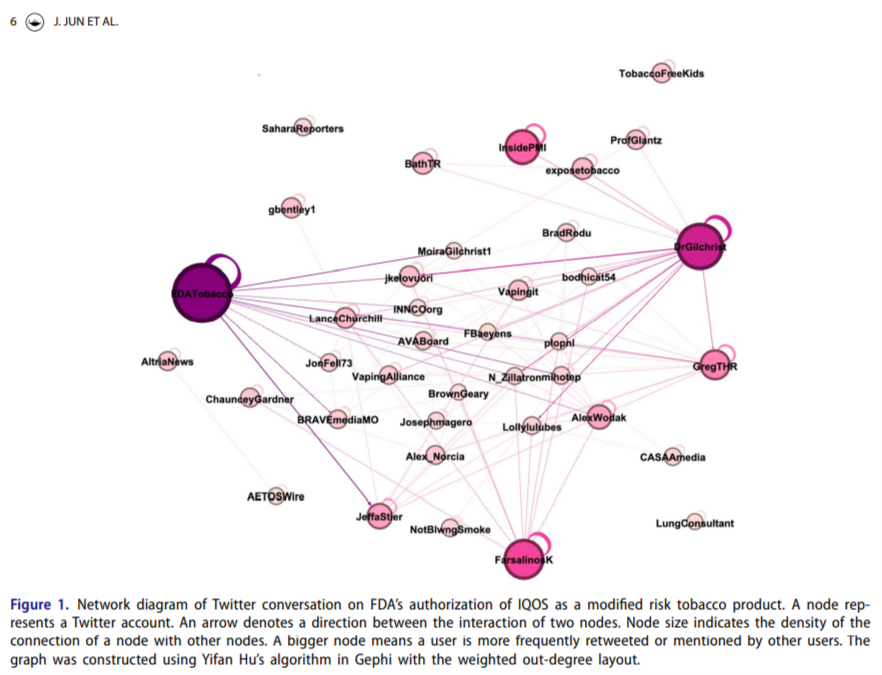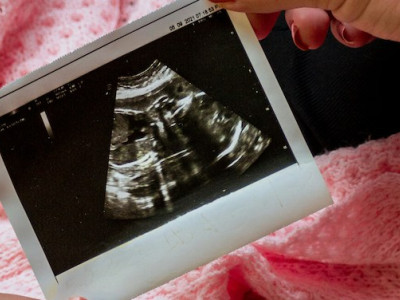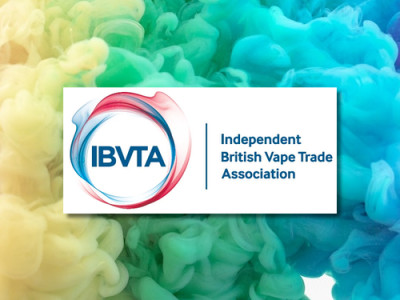The U.S. Food and Drug Administration (FDA) gave permission to the IQOS heated tobacco product to be marketed in the United States, stating that it could make claims to be a modified risk/reduced harm tobacco product (MRTP).
The decision was met with condemnation by tobacco controllers – who are referred to by the researchers as “the global health community”.
“We provide a preliminary analysis of Twitter conversations regarding the MRTP authorisation of IQOS by identifying the authors, valence towards the policy decision, source of cited link, and focused topic,” they write.
The weakness of the work is highlighted by the fact that they only looked at 548 tweets. Given the volume of posts to the social media platform, this was either on purpose or due to lack of attention to detail.
The researcher say they found more pro-heated tobacco posts (25.4%) to negative ones (16.2%).
They produced a pretty picture to illustrate a claim that there are links between Big Tobacco and the accounts posting pro-heated tobacco posts.

They concluded: “Continuous efforts are needed to surveil the industry’s attempts to create a climate of false consensus and circulate misinformation regarding MRTP on social media, as well as to assist non-scientific audiences’ understanding of MRTP.”
PMI’s Dr Moira Gilchrist commented on the work “out of incredulity”.
She said: “More researchers have been crawling through our tweets. It’s difficult to know where to start on this one...but let's begin by looking at some of the offending tweeters.
“The researchers found, ‘A higher proportion of tweets supporting the [IQOS] MRTP decision than opposing’, and they seem utterly mystified by this. Of course, they looked for ‘bots’ and concluded that ‘nearly 42% tweets indicated possibility of automation’ and imply that these could be ‘attempts to interfere in tobacco control’.
“They say many tweeters ‘claimed their health expertise by using M.D., Ph.D., or Doctor in their profile’,” and she goes on to point out that this is just a slur cast at those who are actual experts in harm reduction or are concerned about attacks on better alternatives to smoking.
Dr Gilchrist says that the researchers suggest tweeters are misrepresenting the FDA's heated tobacco announcement but by doing so display that it is in fact them who are lacking a basic understanding of what the FDA have said.
Acknowledged harm reduction expert Clive Bates commented: “There probably needs to be a special industrial shredder for tobacco control studies on social media. Any sensible person would be delighted at emerging low risk alternatives to smoking. And this was an industry misinformation operation? Really? Evidence for that? Who are all these imaginary bots?”
References:
- Social Media Discussions on the FDA’s Modified Risk Tobacco Product Authorization of IQOS - https://www.tandfonline.com/doi/abs/10.1080/10826084.2021.2019777
Dave Cross
Journalist at POTVDave is a freelance writer; with articles on music, motorbikes, football, pop-science, vaping and tobacco harm reduction in Sounds, Melody Maker, UBG, AWoL, Bike, When Saturday Comes, Vape News Magazine, and syndicated across the Johnston Press group. He was published in an anthology of “Greatest Football Writing”, but still believes this was a mistake. Dave contributes sketches to comedy shows and used to co-host a radio sketch show. He’s worked with numerous vape companies to develop content for their websites.
Join the discussion
Expert Reaction to Pregnancy Study
Experts have reacted to the QML study of impacts of vaping in pregnancy and comparison with smoking
Study: Vapes Help Pregnant Quitters
A new study from Queen Mary University of London finds that vapes help pregnant smokers quit and pose no risk of poor pregnancy outcomes
IBVTA responds to UCL study
The Independent British Vape Trade Association has responded to University College London research and said the findings show the Government’s smoke-free ambition is stalling
Cochrane Review Echoes Swedish Success
The Cochrane Review echoes the Swedish approach, finding less harmful alternatives like vaping are superior to other quit methods, says Smoke Free Sweden












